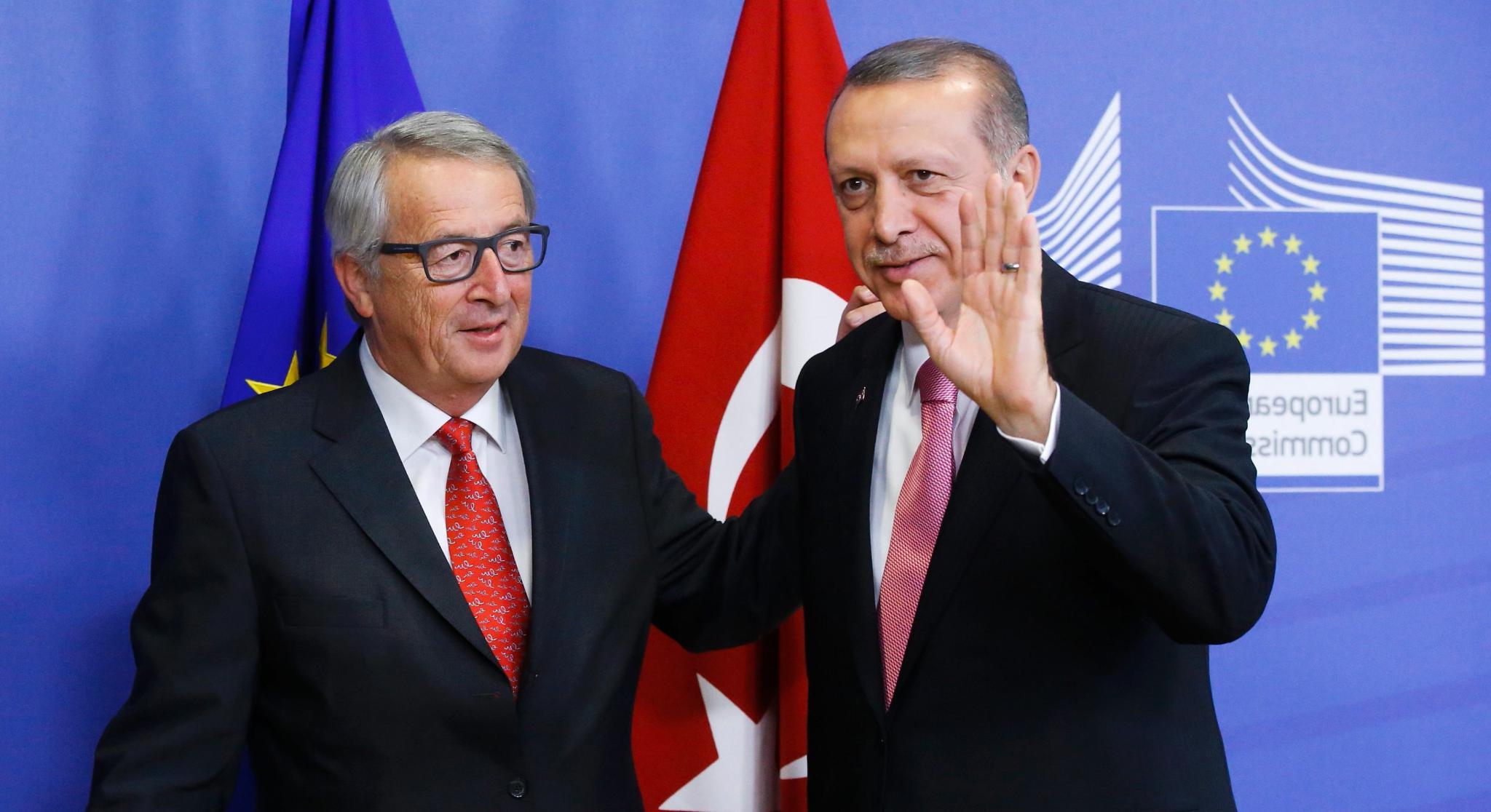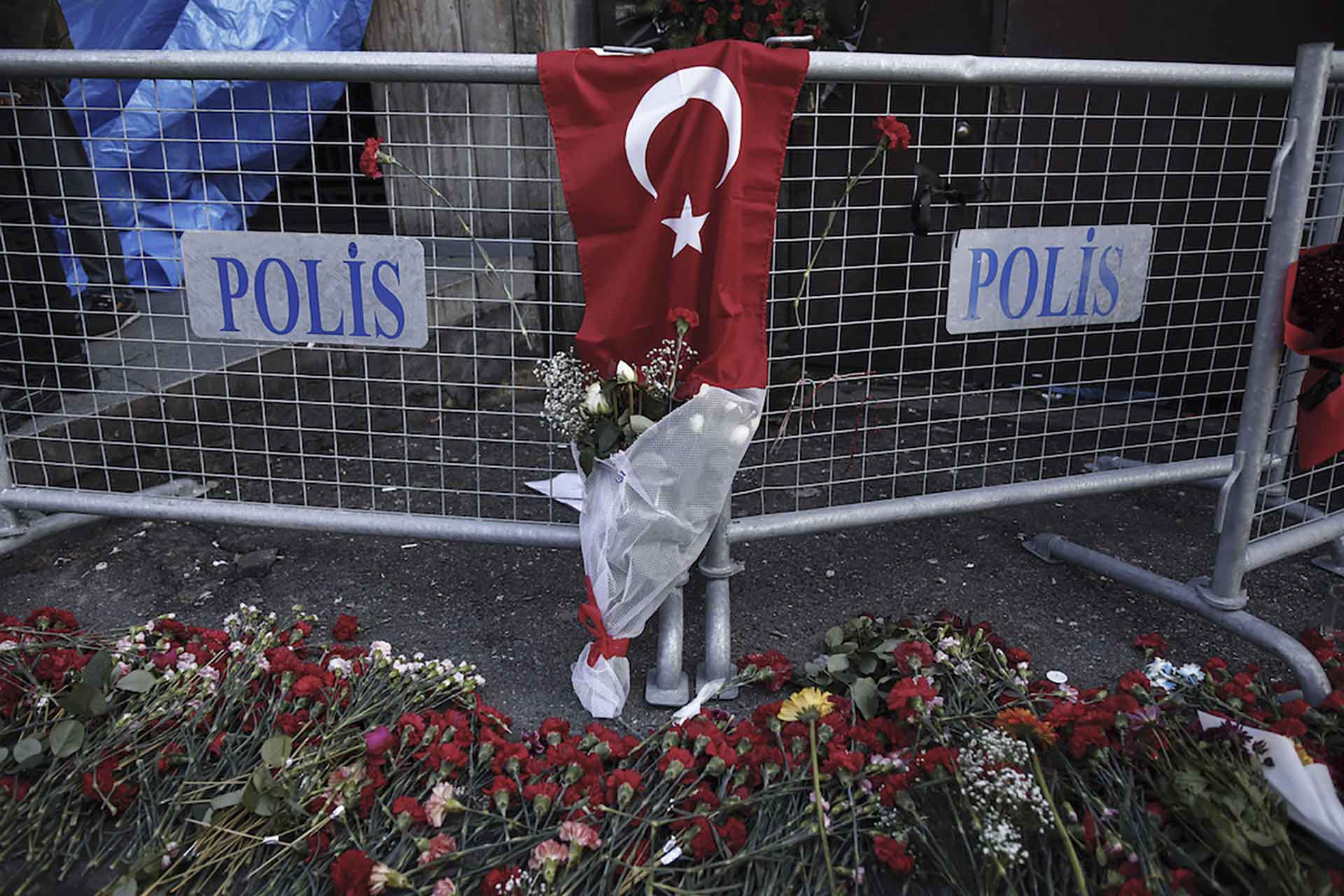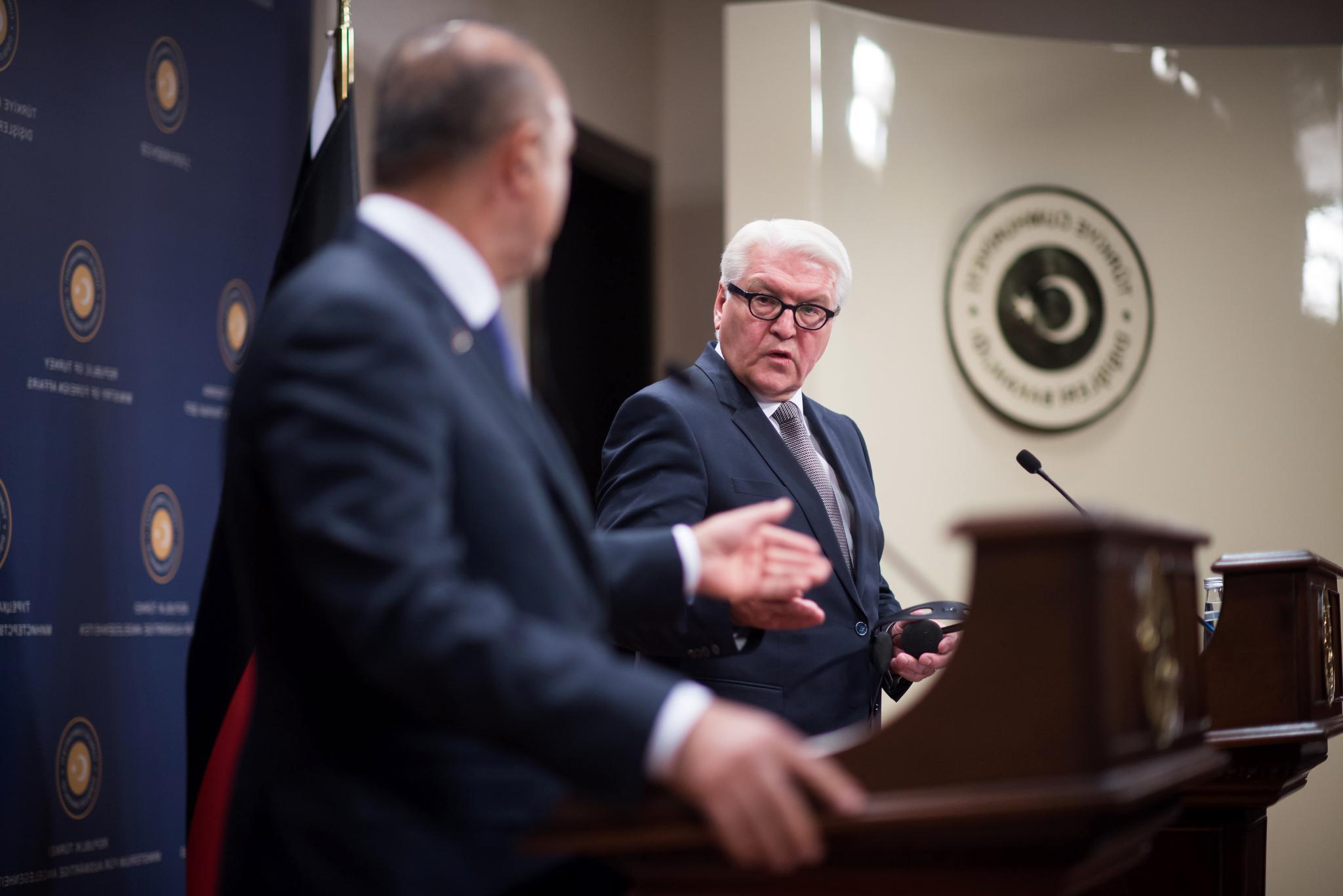
by Yavuz Baydar
‘I feel like Diyarbakır does: dreary, angry, resentful. But still standing…’
This comes from a ‘local rapporteur’ from the southeastern corner of Turkey; devastated, battered – both morally and physically.
I will explain.
These are the days even a heavyweight European political leader like Frank-Walter Steinmeier would be seen as ‘privileged’ (!) to meet his Turkish counterparts. Such are the conditions that even his recent visit only helps explain the growing gaps in the dialogue between Ankara and the EU. Nothing, as it seems, works anymore. No matter how hard you try for a return to common sense.
But Kati Piri is not as ‘privileged’ as Steinmeier.
Piri, Turkey Rapporteur of the European Parliament, is now blacklisted, a persona non grata, no longer allowed to meet the government.
Her misdemeanour? According to Bekir Bozdağ, Turkish Justice Minister, ‘she prepares her reports as terror organisations want her to do.’
This is the reason a visit by the European Parliament delegation to Ankara on Wednesday had to be postponed. Martin Schulz, President of the European Parliament let us know that de-selecting a delegation member is not acceptable.
What would Piri do?
Probably as she has always done. Not only meeting Turkish ministers, but also representatives of the elected parties, the opposition, lawyers, critical journalists and the NGO’s. She would go on with fact-finding about breaches of freedoms, imprisonments, violations of property rights etc. That’s her job, her mission.
Since almost all the oppositional activity these days seem ‘criminalized’ in the eyes of the Turkish government, it’s better she is cut off from doing so.
But this won’t stop Turkey’s brave ‘local rapporteurs’ to shed light on the reality on the ground. Nurcan Baysal is one of them. Living in Diyarbakır, refusing to leave the city no matter how hard the conditions become, she sends her articles almost daily, reporting about the daily life, and how Kurds feel.
Even in these days, when Turkey in Freedom House’s global internet freedom index is downgraded from ‘partly free’ to ‘not free’ – now placed along Iran, Belarus, Sudan and Saudi Arabia – she persists in an act of courage, as reporting from mainly Kurdish provinces is like a walk in the minefield.
‘My friends from the west (of the country) are asking me how I feel’ she wrote in her latest blog, posted by news site T24. ”I feel like Diyarbakır does: dreary, angry, resentful. But still standing…’
Then, she walks us through the streets of Diyarbakır, visiting public places, talking to common people. All she conveys is despair, gloom.
She visits her favourite coffeehouse. The owner tells her that people stopped coming, since Selahattin Demirtaş, the popular leader of the pro-Kurdish HDP was arrested along with ten MP’s. ‘Nothing is the same anymore, everybody is in sorrow,’ he tells her.
People suffer in this city,’ she reports. ‘It’s not an easy living; not easy to survive, to feel hope, to continue…’
‘People here gave so much of themselves for peace that, what they were subjected to after all these efforts caused enormous disappointment.’
‘Our media is no longer. NGO’s are no longer. No more municipalities of our own. No longer elected deputies. That our elected representatives are treated this way leaves us with a resentment impossible to repair.’
Seizures sweep through the region. Yesterday, trustees were appointed to HDP strongholds like Mardin, Van and Siirt. Tuncer Bakırhan, the mayor of Siirt, was arrested days ago. So was Bekir Kaya, mayor of Van.
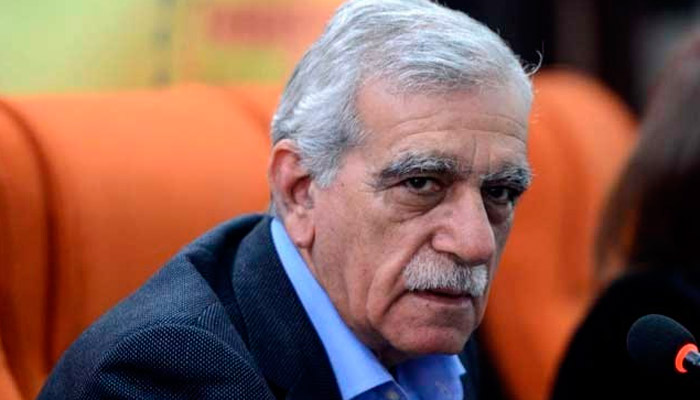
In Mardin, the governor was given the role as mayor, replacing Ahmet Türk. If anything, the ousting of Türk bears the most powerful significance of events.
74 years old, this gentle politician, who once was entrusted by the late Turgut Özal, a role as a bridge for Kurdish peace, sees in the winter of his life yet another blow to his efforts for ending the ethnic vendetta in Turkey. One can only imagine the depth of the scar inflicted on the Kurdish psyche as he is stripped off his duties as elected by an overwhelming vote. The mainly Kurdish/Alevi province of Tunceli/Dersim feels the heat too. Some days ago, co-mayors of the city, Mehmet Ali Bul and Nurhayat Altun, were also arrested together with 10 other local politicians and NGO representatives. Deputy governor has taken over their position.
Meanwhile, another HDP deputy is now on the firing line. It is Sibel Yiğitalp, a young female deputy of Diyarbakır, who is now charged, we learn, between 11 and 28 years of imprisonment. She is accused of statements like ‘it is the state security forces that demolished the historic sites in the old district of Diyarbakır’, or ‘taking part unarmed in illegal demonstations and defying to leave them despite warnings’ and, ‘belonging to a terrorist organisation.’
I remembered when reading Baysal’s article, my last visit to the ancient district of Sur, in Diyarbakır. Last spring, I was in a small group of journalists, together with Nurcan, visiting parts of the neighborhood, under siege by the security forces. We had been stopped at a certain point. Gloom was like a dense fog covering the ground, Kurdish mothers and grandmothers sitting together, chainsmoking, waiting for the news whether those stuck out there would come out alive.
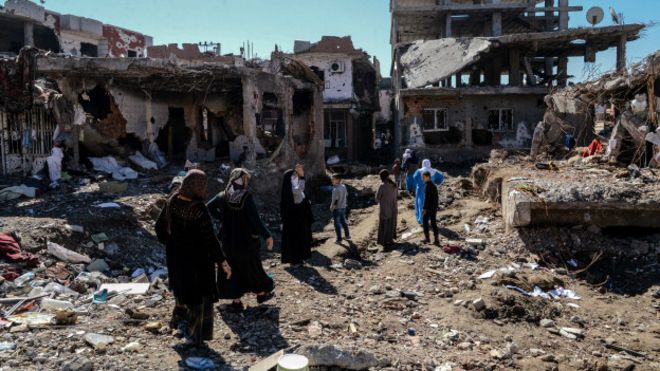
Not much of Sur is left today. But, perhaps, it stands weak in comparison to what happened with the neighboring city of Şırnak. Three days ago the eight-month long curfew was lifted and all we could see was a city entirely razed.
‘Homecoming has started, but there is no home to return to’ was the poignant, spot-on headline of daily Cumhuriyet, showing pictures of some women sitting on a desert-like ground. Official figures talk about at least 2.000 buildings demolished. According to estimates by human rights organisations, between 70-90.000 people had left the town due to clashes and operations – amounting to 80-90 % of the total population. Scorched earth policies, seizures of local administrations, blocking the international rapporteurs. But the reality is out there, impossible to cover up. It will haunt us all.
‘If a candidate at the presidential elections in 2014 is under arrest today, how can I as a foreign investor feel ever safe and secure, people ask me these days’ said Cenk Sidar, a young economy strategist based in Washington DC, said in a recent interview, commenting on the growing economic crisis signals that come from Turkey.
The candidate he mentioned was Selahattin Demirtaş, now sitting in solitary confinement.


